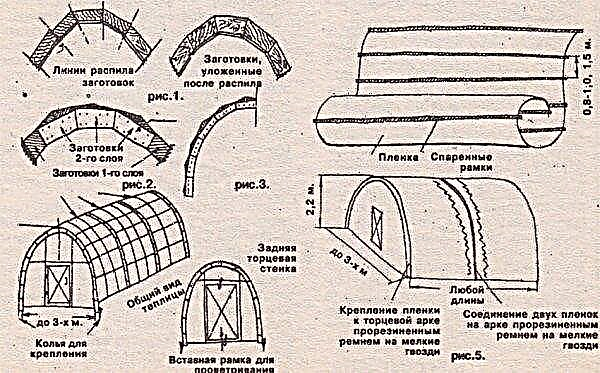The Chinese struggle to import as much meat as possible in order to compensate for the reduced supply of pork due to ASF posed a big problem for him: in the main ports for unloading imported meat in cold storages, the places for storing it were almost over.
Importers have accumulated a large amount of meat - mainly pork and beef - and the cooling depots in ports, including Tianjin, Shanghai and Dalian, are now nearly full, said Wang Zhen, a spokesman for China's cold chain logistics subcommittee.
According to Wang Zheng, meat is likely to be stored in ports until the end of the year ahead of the peak consumption season in the country. And significant new lots will have to wait until buyers find a place to store.

“Importers are trying to transport meat to inland areas for storage, but this is more expensive because they plan to store meat for several months until mid-autumn or until the spring holidays,” Wang said. According to him, internal storage facilities are intended only for temporary use, and their cost is higher than in ports.
Lack of storage capacity may limit export opportunities for global meat producers who are working on export deals with China.

Tianjin Zhongyu Real Estate Co., the largest storage operator in the Tianjin area, said that the cold storage space at some major ports is almost full. In Tianjin alone, about half a million tons of meat is in the refrigerator.












